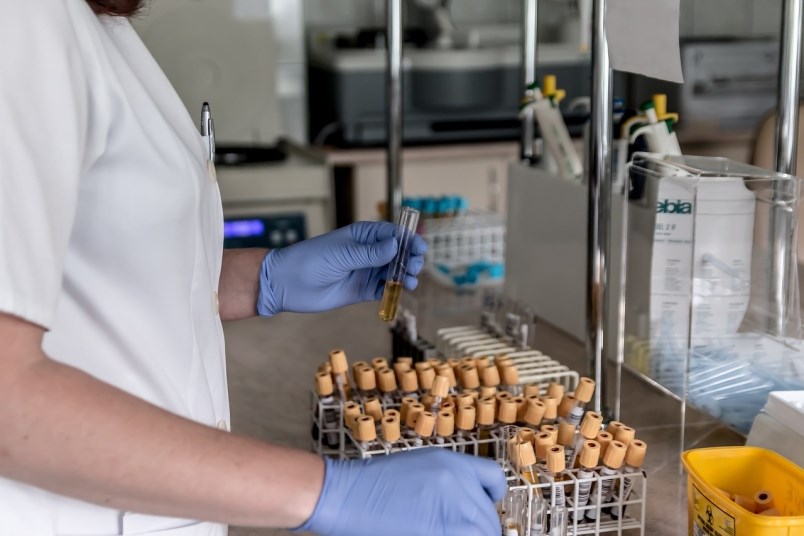Wide-spread blanket testing could cause unnecessary distress and would not necessarily be useful in the fight against COVID-19, Niagaras acting medical officer of health says.
On Tuesday, two Niagara business leaders sought support for their vision of setting up a publicly run lab in the region with capability of testing all 450,000 residents in Niagara.
Niagara-on-the-lake Hydro president Tim Curtis and utility board chair member Jim Ryan made their case to the regional public health and social services committee on Tuesday, offering a plan sparse in details on how widespread testing could be done.
The test centres would be set up in multiple different spots to facilitate swabbing, and not overwhelm the facility or cause congestion, the meeting heard.
According to the presentation, the capital cost of a regional lab would be up to $4 million, operating at an annual $3 million budget.
The regional committee ended up voting in favour of a non-specific motion that supports all initiatives battling COVID-19, as more details surrounding the proposal are still to emerge.
But wide-spread testing might not be the way to successfully track down every last case of the virus, that has infected at least 563 Niagara residents and killed 55.
Acting medical officer of health, Dr. Mustafa Hirji has several times made his case against blanket testing - an opinion he says he shares with several public health professionals in the province.
"If you are testing 5000 people per day and have a 0.5 percent rate of false positives, that is still 25 people who will get a positive result and will have to isolate.
And then their close contacts will start wondering and live with the stress. That is quite a significant personal impact that could happen," said Hirji, adding it would put an increased load on the vital contact-tracing operation that the region has set up.
"It would pull away workers from the front line who will have to facilitate and follow up with hopefully mostly negative cases when we need them doing other things."
For about a week, Niagara has seen only single-digit jumps in new cases, which Hirji says is another incentive that speaks against testing everybody.
"You could drown out the real cases with potentially false positives."
A negative test result is also only a snapshot of a persons health status, continued Hirji, potentially giving a sense of false confidence which could lead to a person unknowingly spreading the virus.
With discussions on reopening the economy becoming more detailed, Hirji said the need for more testing will soon emerge as new cases are bound to be discovered as restrictions lift.
"But the network of the over 40 labs in the province are operating at about half capacity right now, so awe could actually double the amount of tests being done in the present. But they may well want to build more capacity to prepare for the future, because you never know."



